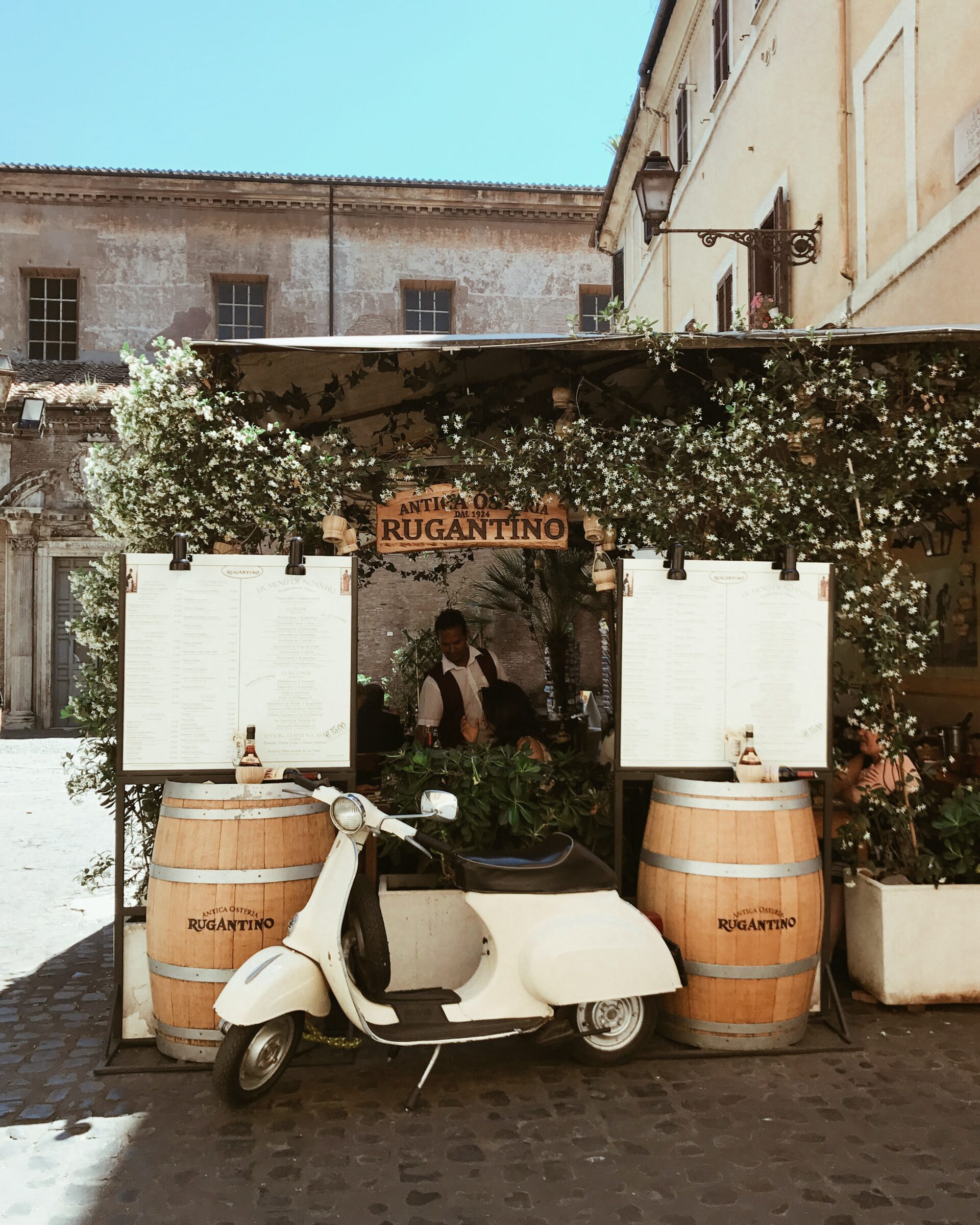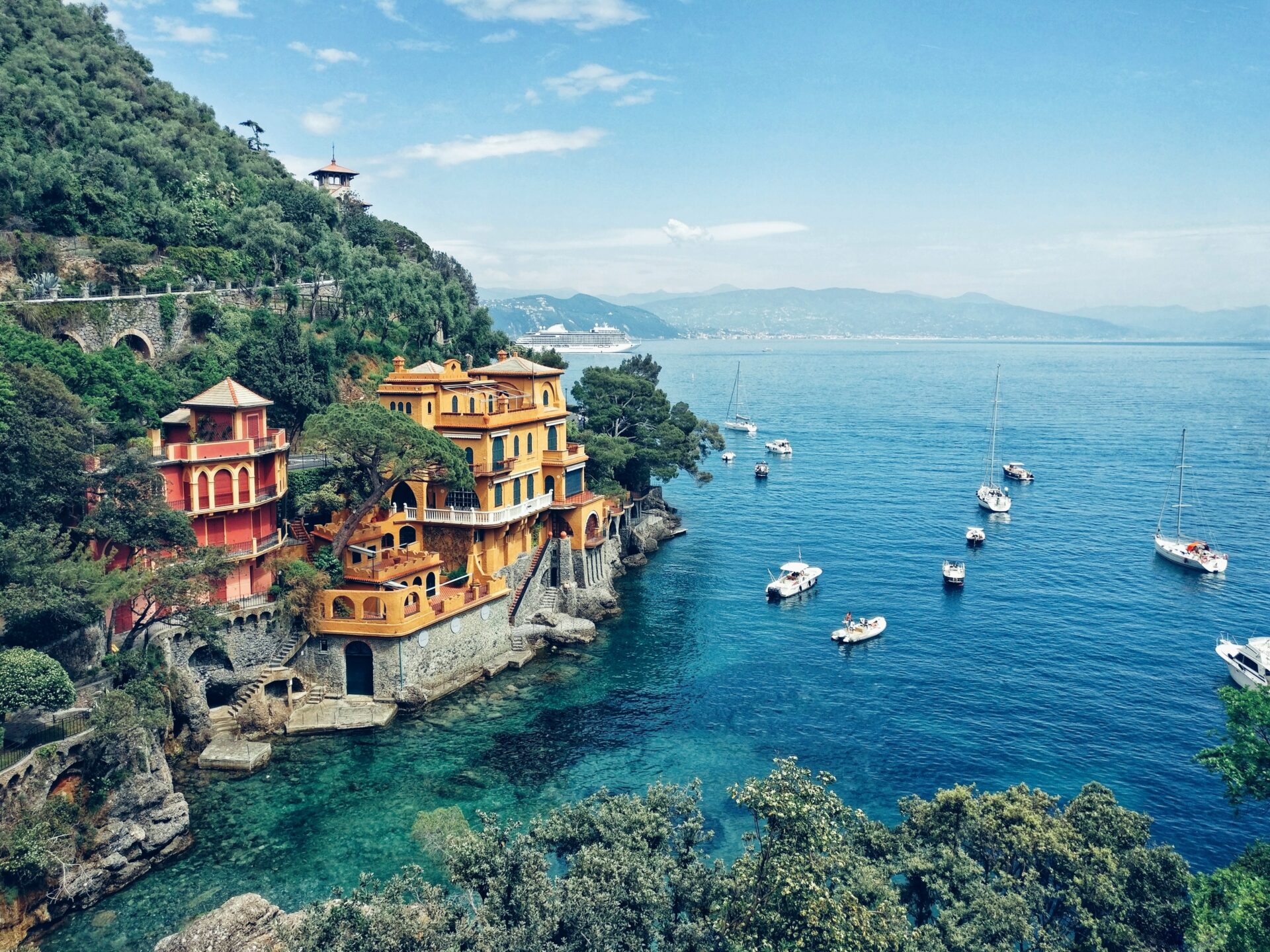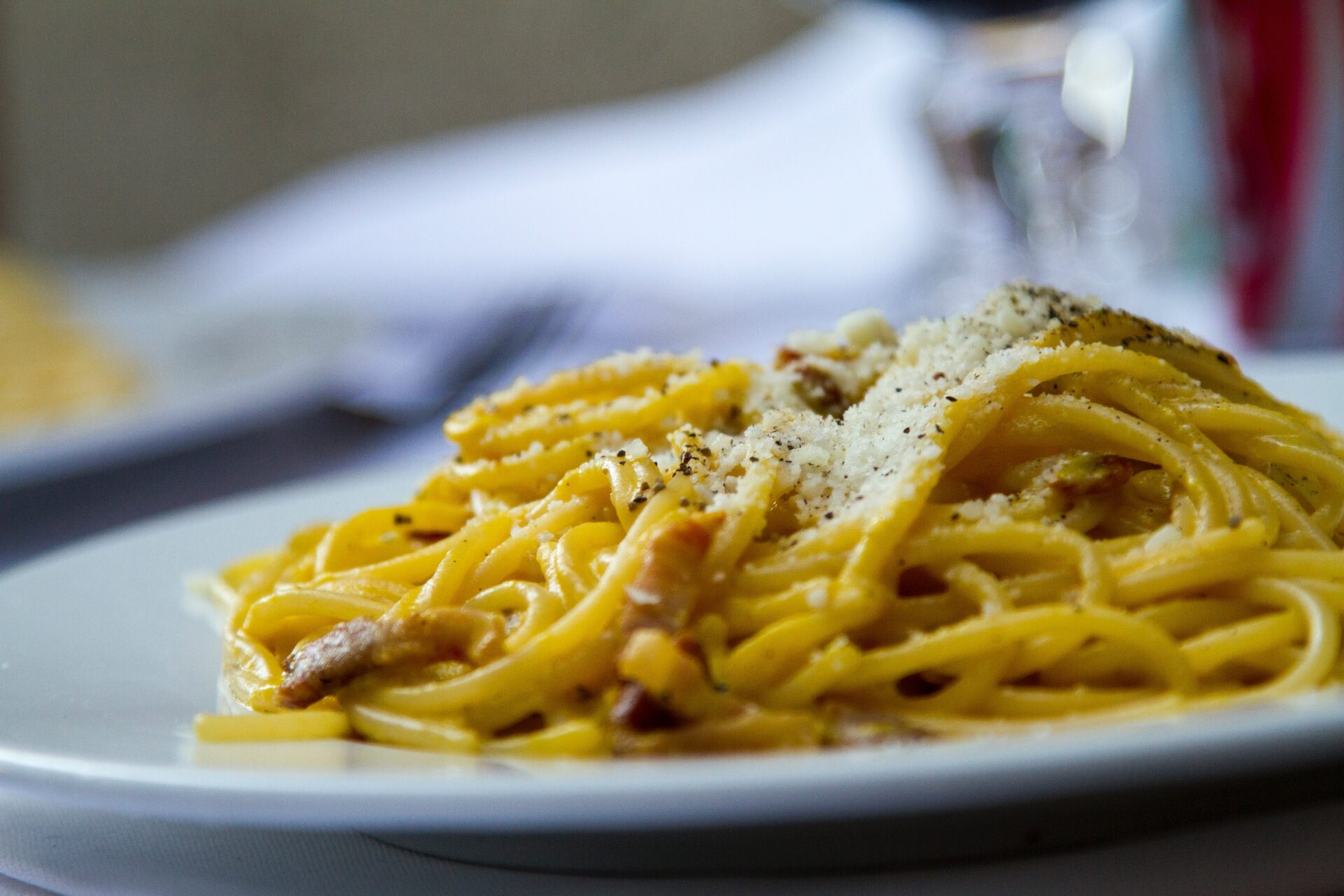Do you dream of sipping espresso in a sun-drenched piazza, exploring ancient ruins, and enjoying world-famous Italian cuisine? Moving to Italy could be the perfect opportunity for an exciting new adventure. Whether you’re looking to retire or make a fresh start, there is something here to suit everyone.
But before taking the plunge and packing your bags, it’s essential to be prepared. Here’s everything you need to know about moving to Italy.

The Cost of Living Compared to the Most of Europe
While Italy is known to be one of the most expensive countries in southern Europe, moving from the UK to Italy may be cheaper than you think.
Many ex-pats find that, for some things, the cost of living in Italy is similar to that of the UK or even more affordable.
It may be more expensive for those outside Europe as the cost of essential goods and services in Italy tends to be higher than in other parts of the world.
That said, you can still find ways to keep your costs down, such as living in less popular destinations and shopping at local markets, cooking at home, and using the public transport system.

You Will Need a Long Stay Visa Unless You’re an EU Citizen
If you plan to stay for over 3 months, you must apply for a long-stay visa or a residence permit. Depending on your nationality, this could take up to a year to process.
EU citizens can stay in Italy unlimitedly if they are economically active and have sufficient funds and health insurance coverage.
Non-EU residents must apply for a residence permit within 8 days of arrival; it’s valid for five years and renewable upon expiration.
Italy has a golden visa scheme where you can become a citizen if you invest more than 500 Euros in property or business – the procedure exists throughout Europe, with the entry amount starting at 250 Euros in Portugal and ending in several million in Scandinavian countries.

Food and Drink are Important
Italian cuisine is world-famous, rightly so, full of flavor, fresh ingredients, and unique dishes. Indulge in various pasta dishes, fresh seafood, handcrafted pizzas, and hearty soups – you won’t be short of options. Take your food seriously, and Italians will take you seriously – this is no joke.
Drinking is just as important as food when it comes to Italian culture. Italy has it all, whether you’re enjoying a cappuccino in the morning or an aperitivo with friends.
And, of course, no visit would be complete without trying some of Italy’s famous wines – from Chianti to Amarone and everything in between.
However, the drinking culture in Italy is moderate compared to some eastern and northern European cultures. Italians drink with food and not to excess. You’re unlikely to see drunken youths in the street unless Italy wins at football – then it’s different.

Journeys on Display: Gorgeous Coffee Table Books for Travel Lovers.
Fashion is King, As is Religion
When it comes to fashion, Italians take it seriously. Even in the smallest villages and towns, you’ll find people dressed impeccably – so if you plan on living there, be prepared to dress your best.
Religion is also an important part of Italian culture. Italy has a long and deep history of Catholicism, with some of the world’s most famous basilicas located within its borders.
Although church attendance is not as high as it once was, attending a Sunday mass or the occasional holiday celebration can be an enjoyable experience for many ex-pats.

An Exodus of Skills and Minds
Italy has a long history of skilled migration. The country has recently seen an exodus of skills and minds, with many young Italians leaving for better job opportunities abroad or a better quality of life.
The lack of skilled labor is why you must bring something – skills, knowledge, or idea – to contribute to Italian society if you plan on moving to Italy. You only need cash and a happy disposition if you’re retired.
You Must Speak the Language or Risk Not Being Taken Seriously

If you want to get the most out of your time in Italy, speaking the Italian language is essential. Without it, you will be isolated from much of what makes Italy a fantastic place to live.
Learning the language will open up countless opportunities, from making friends and integrating with locals to finding a job or starting your own business.
Moving to Italy sounds fun, but like most European countries, a holiday is one thing, living there is another, and seldom do the two meet in the middle.




